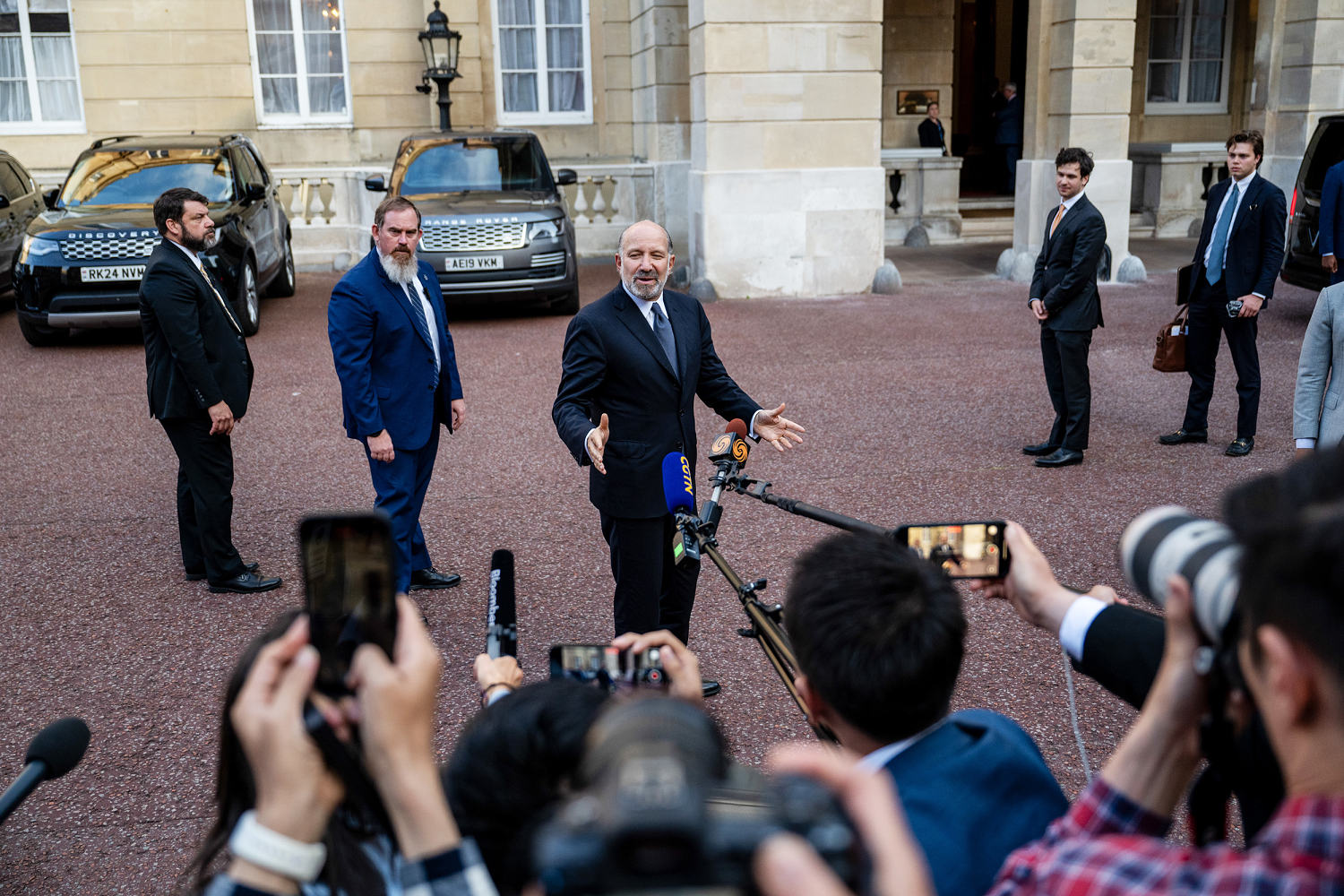
Trump added in a later Truth Social post that “President XI and I are going to work closely together to open up China to American Trade.” The American negotiators on Tuesday night did not announce any major modifications to Chinese market access for U.S. companies after the conclusion of talks.
Additionally, U.S. Trade Representative Jamieson Greer said there were no further meetings planned with Chinese officials. Lutnick and Greer did not commit to releasing the “framework” agreed upon in London either.
Chinese officials, likewise, said the two sides agreed in principle on a consensus regarding the Geneva agreement but did not provide any specific details.
The talks in London occurred after the U.S. and China accused each other of breaching a pact reached in early May that led to both countries lowering tariffs by 115%. Part of that agreement was to ease export restrictions on rare earth minerals and metals that are critical for everyday products such as batteries and automobile production.
The U.S. repeatedly said China was lifting those restrictions more slowly than it expected. “They were kind of releasing them, but it was going a lot slower than some companies believed was optimal,” National Economic Council Director Kevin Hassett said Monday before the trade talks.
China dominates the global supply of critical rare earth minerals, accounting for more than 70% of the mining and 90% of the refining of the materials.
China had also opposed U.S. export controls on student visas, and on high-end computer chips and design programs used for artificial intelligence software. China also pushed back against potential tariffs on jet engines, after earlier returning a Boeing 737 in protest.
Lutnick said Wednesday morning on CNBC that the U.S. told China it would “absolutely not” be getting exports of high-powered American semiconductors.
“If you want to annoy us, the United States under Donald Trump is strong enough to annoy you back equally,” Lutnick added.
China’s Vice Premier He Lifeng, who participated in the London talks, said on state TV Wednesday before Trump’s posts that the U.S. should abide by the “hard-won” agreement. China said the U.S. should “show the spirit of good faith.”
Lutnick, asked by CNBC what trade agreements could be announced next, said the U.S. has “so many” deals “in the hopper” but declined to disclose details. U.S. officials have been echoing that sentiment for more than a month, however just one tentative agreement with the U.K. has been announced. The deal with Britain requires further negotiation before it becomes a full trade deal.
Lutnick added that a deal with the European Union would likely come at the “very, very end.” The 27-nation E.U. is America’s largest trading partner, with the United States exporting more than $350 billion of goods and $238 billion of services there in recent years. The E.U. is also the largest source of U.S. imports, with the nation buying more than $550 billion worth of goods and more than $170 billion of services.
The U.S. Trade Representative’s office called it an “agreement in principle,” meaning not formally agreed to and signed.





